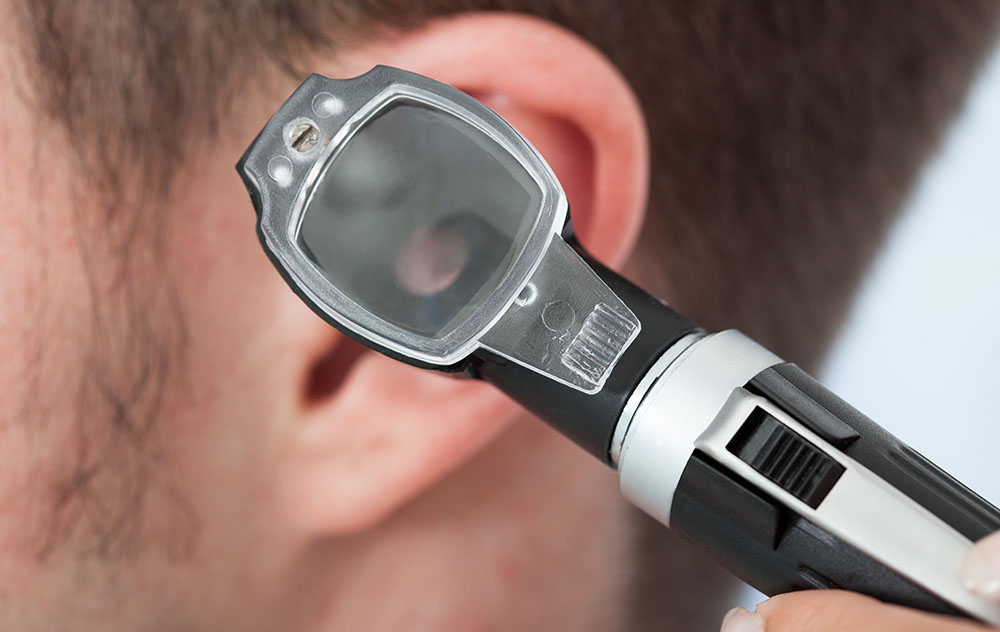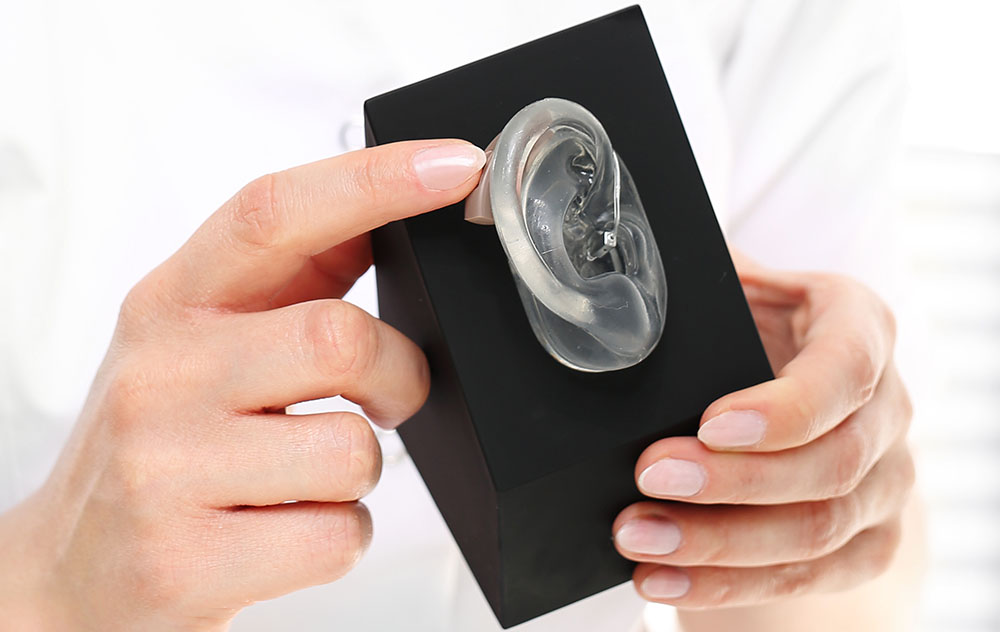How Hearing Aids Help Tinnitus
Audiologists and hearing specialists will sometimes recommend hearing aids
Cambridge patients-free parking is located at the end of the side street across from our building, Our state-of the-art building is in the final stages of remodeling. Enter through the front door, walk down the aisle and the attendant will sign you in. Take elevator to the third floor. We are directly across suite 301. Our receptionist will greet you


Audiologists and hearing specialists will sometimes recommend hearing aids

Hearing tests are not particularly well-known about among the general

A lot of people who use hearing aids as a normal part of their daily life